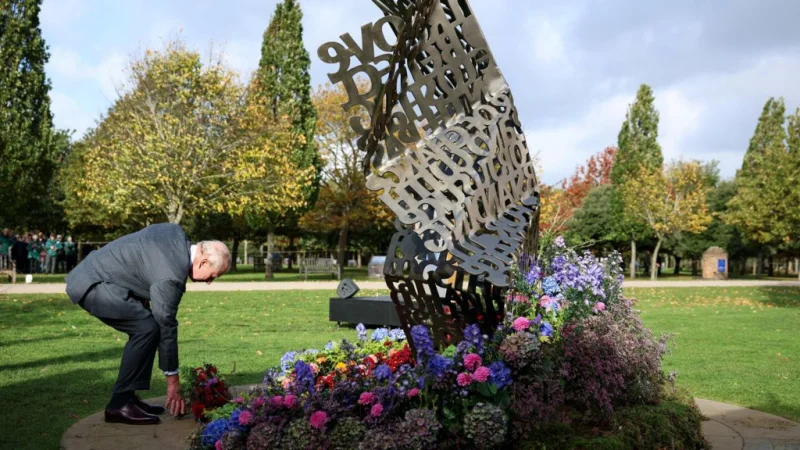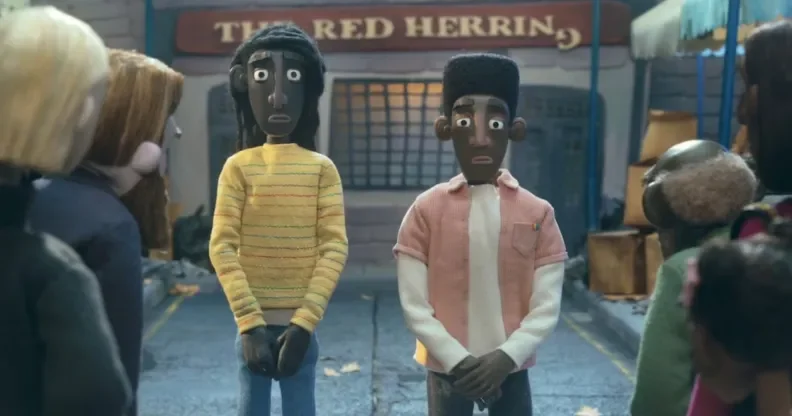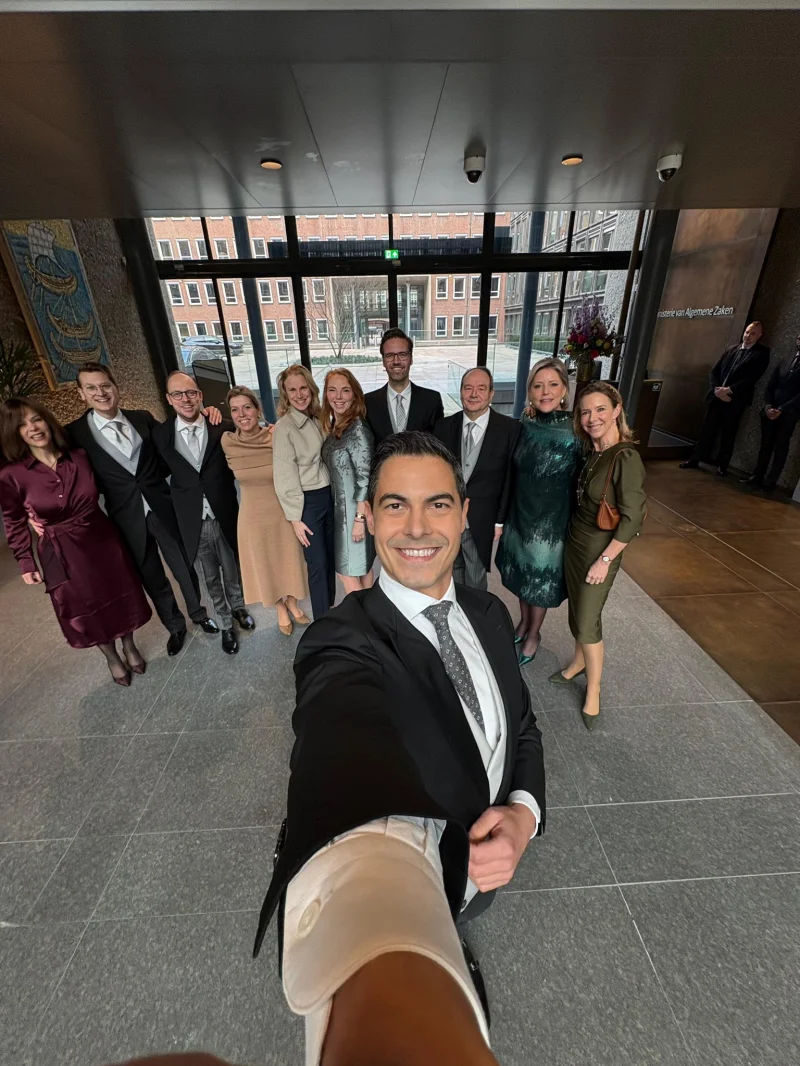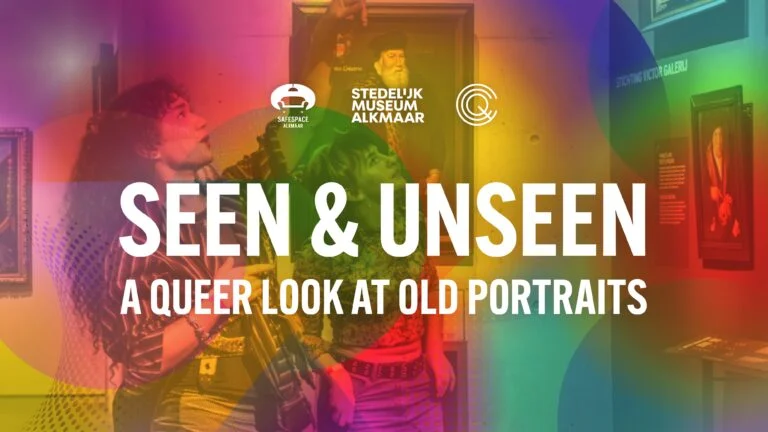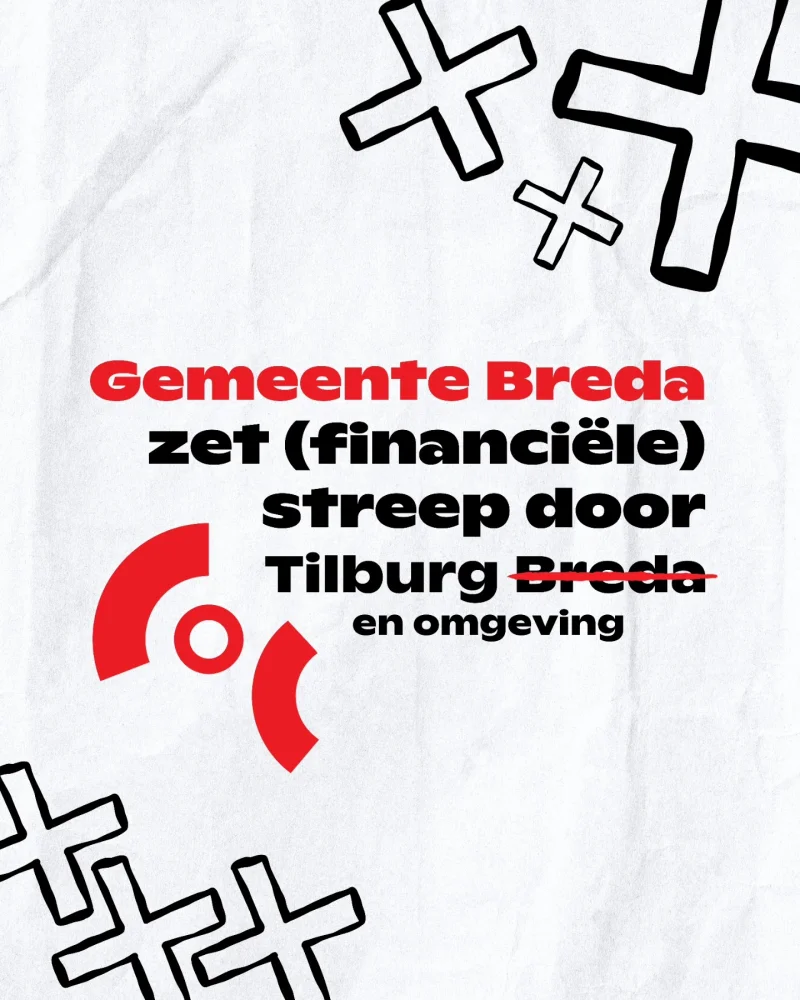A Royal Reckoning for a Painful Past
In a deeply symbolic and long-overdue ceremony, King Charles III has unveiled the UK's first national memorial dedicated to LGBTQ+ veterans. Located at the National Memorial Arboretum in Staffordshire, the monument serves as a stark acknowledgment of the thousands of lives ruined by the British Armed Forces' official ban on homosexuality, a policy that remained brutally in effect until the year 2000.
For decades, serving one's country meant living in constant fear for gay, lesbian, bisexual, and transgender personnel. Discovery, or even mere suspicion, led to a cascade of horrors:
- Humiliating and intrusive interrogations about their private lives.
- Dishonourable discharge, stripping them of their careers, pensions, and dignity.
- Criminal convictions and, in some cases, imprisonment.
- A culture of bullying, blackmail, and sexual assault.
The unveiling, which marks the King's first official engagement in support of the LGBTQ+ community, was attended by many of the veterans who endured this state-sanctioned persecution. For them, it was a moment of profound emotion and, as many described it, "closure."
The Human Cost: Pádraigín's Story
The abstract cruelty of the ban is best understood through the stories of its victims. Pádraigín Ní Rághillíg, now 69, joined the Women's Royal Air Force (WRAF) in 1976. After a colleague saw her kissing another woman, her decade-long career as a telegraphist with high-level security clearance was destroyed.
She was subjected to intense interrogations, outed to her family, and pressured to name other gay service members. The trauma culminated in a terrifying sexual assault by a male colleague who believed he could "sort her out."
"He was touching my breasts and trying to put his hand down my trousers. He said: 'I'll sort you out'... Apparently there was some kind of sweepstake, some of the guys were betting on who could 'sort me out', which was terrifying."
Her story is just one of many documented in the government-commissioned Etherton Review, which exposed the systemic homophobia and abuse within the military.
A Message in Metal: The Memorial's Design
Designed by the artist collective Abraxas Academy, the bronze sculpture is titled "An Opened Letter." It is shaped like a giant, crumpled piece of paper, etched with words and phrases taken from the very letters that were once used as evidence to investigate and dismiss LGBTQ+ personnel. It transforms instruments of persecution into a monument of remembrance and resilience.
"They've waited so long for some kind of recognition, we didn't want to let them down," said Nina Bilbey, the monument's design lead.
A European Perspective
For us in the Netherlands, this event is a powerful reminder of the parallel struggles for equality across Europe. While the Dutch military officially lifted its ban on gay service members back in 1974, the UK's long and painful journey to this point highlights how recently these discriminatory policies were enforced by a major European ally. This memorial is not just British history; it is a part of our shared LGBTQ+ European story of fighting for the right to serve openly and with pride.
The Road to Reparations
The memorial is one of 49 recommendations from the Etherton Review. The campaign for justice, led by charities like Fighting With Pride, has also resulted in other measures, including pardons for criminal convictions, the return of seized medals, and a financial redress scheme offering payments of up to £70,000 to those affected.
Peter Gibson, chief executive of Fighting With Pride, called the unveiling a "deeply emotional moment, expressing in physical form that what happened to them should never have taken place." The hope is that this public acknowledgment will encourage more veterans who suffered in silence to come forward for support and justice.
